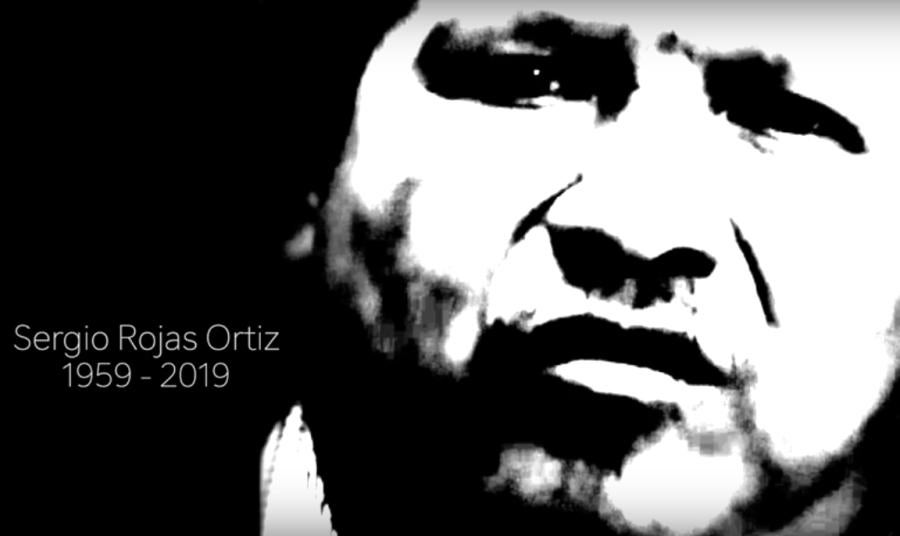
By John McPhaul
On Novemer 2, 2018, the Costa Rican Electricity Institute (ICE) announced the cancellation of the Diquís hydroelectric project in the South Pacific part of the country, after seven years of delays and paralysis during which the project was bitterly opposed by Indigenous communities who would have seen their land inundated by the planned reservoir. The hydroelectric project was to be the largest such project in Central America. The project’s reservoir would occupy 7363 hectares of land, 830 hectares of which are Indigenous territories, and displace over 1600 people.
The now unsuccessful initiative in Buenos Aires, Puntarenas, was ruled out after analyzing a drop in national energy consumption and an installed electrical capacity sufficient to meet the demand of coming year, according to the daily La Nacion.
The 631 megawatt project, which would provide electricity to 1 million consumers included the installation of a reservoir that would inundate ten percent of Kichá territory (104 hectares) and eight percent of Terraba lands (726 hectares), according to the Costa Rican Ombudsman's Office.
The decision was confirmed at a press conference by the executive president of ICE, Irene Cañas, who announced a series of adjustments such as this to improve the financial conditions of the entity.
According to Cañas, the cancellation of Diquís also suspends the consultation with Indigenous Peoples of the area and the withdrawal of the project from the National Environmental Technical Secretariat.
In addition, the conclusion of the environmental feasibility study of the project is suspended and relations with communities of direct influence and regional institutions involved are terminated.
As late as June 2017, ICE defended the construction of the hydroelectric plant, scheduled for 2024, as it argued that it was necessary to satisfy an increase in demand and to create a poll of development in an economically depressed area.
Over six years, the Institute invested $146 million (around $2,5 million) in the project and these costs will not be transferred to rates, according to Cañas. This money was already spent by the entity and this affects their finances.
The ICE announcements came after years without a press conference on accountability and transparency. Cañas said that during his time at the Institute, public updates on the situation of the Institute will continue.
--John McPhaul is a Costa Rican-American freelance writer based in San Juan, Puerto Rico.
Photo by Bernard DUPONT/ Flickr. Rio Grande de Terraba Estuary.

